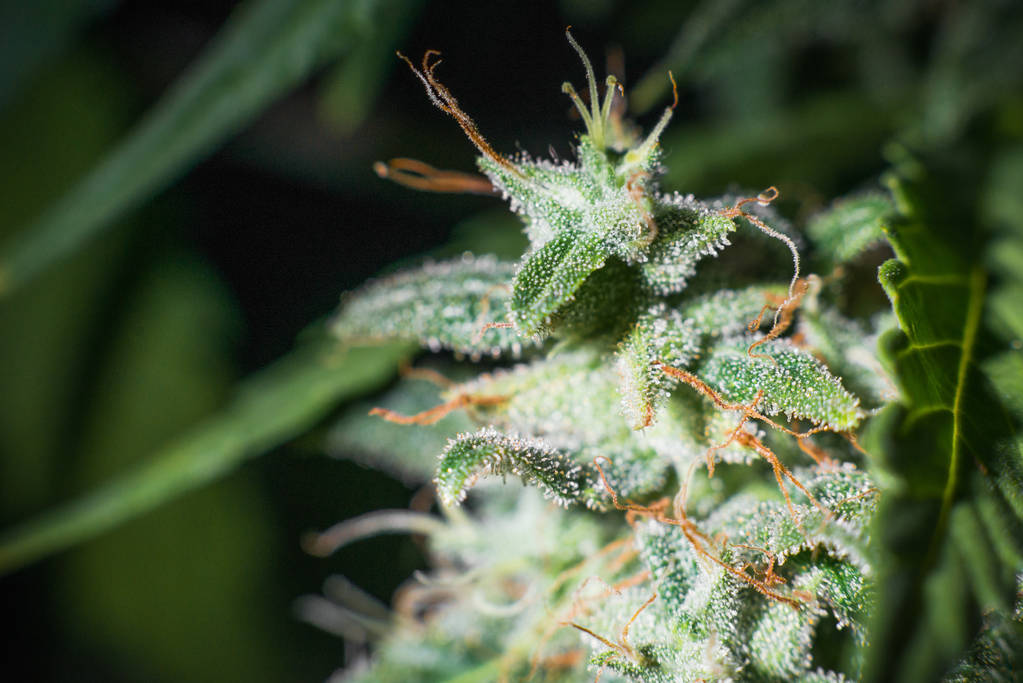The California Department of Pesticide Regulation (DPR) has released a list of about 100 pesticide products that meet California’s criteria for legal use on cannabis.

Since cannabis is illegal under federal law, there are no pesticide products registered for use specifically on cannabis, notes the DPR in a press release. When cannabis was legalized in California, DPR identified criteria for legal pesticide use on cannabis cultivation in the state. A pesticide meets these criteria if the active ingredients found in the product is:
- a minimum risk (“25(b)”) product, which is a pesticide that U.S. EPA and DPR have determined to be safe, effective and exempt from registration due to the low-risk nature of the product, and is also exempt from federal pesticide residue tolerance requirements, or
- a product that is exempt from residue tolerance requirements and the use of the product would not be legally considered a use in conflict with the registered label.
Products used on cannabis, including minimum risk 25(b) products, must be used in accordance with applicable label, regulatory, and other legal requirements, including directions for use, storage and disposal, personal protective equipment for applicators and any other requirements.
The list released today includes about 100 registered products exempt from pesticide residue tolerances set by U.S. EPA that meet California’s legal use criteria. It does not include available 25(b) products that are also legal to use on cannabis in California.
This list will assist cannabis growers and licensed pesticide applicators in identifying legal options for pest management.
“We are excited to provide growers and pesticide applicators better clarity on the pesticides they can legally use in California for cannabis cultivation to help support safe and effective pest management,” said Julie Henderson, Director at DPR.
“The Department of Pesticide Regulation’s expertise on this matter will help our licensees make better educated choices when choosing pesticides,” said Nicole Elliott, Director of Department of Cannabis Control. “We applaud DPR for their work in this area and look forward to our continued collaboration with them on this important topic.”
Cannabis and cannabis products must undergo pesticide residue testing by a laboratory licensed by the Department of Cannabis Control (DCC) before products are sold. The use of certain pesticide products that meet California’s use criteria may still result in residue test failures due to improper use rates, improper time of application (during growing or harvest), or other application or agronomic factors.
To view the full list of approved pesticides, click here.







